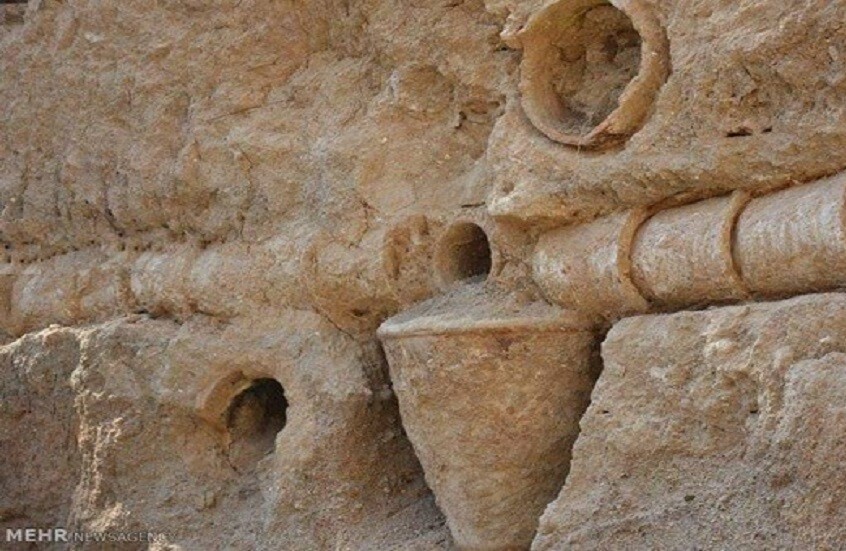Brussels - (Saba):
Construction workers discovered a unique Roman water pipe made of wood in the Blauwe Hoek area of the Belgian city of Leuven. It is the first actual water pipe structure to be preserved in excellent condition.
The moist, low-oxygen soil preserved the wood in near-perfect condition, despite its construction being over two thousand years ago.
Discovery Specifications:
Pipe Length: Between 20 and 30 meters.
Burrow Depth: About 4 meters below the ground.
It consists of hollow tree trunks, each 1.8 meters long.
Approximate Age: 2,000 years old.
The discovery dates back to the first or third century AD. It testifies to the presence of a sophisticated Roman settlement in this area, possibly with a water supply system and even a pumping station. This suggests that the city of Leuven enjoyed a more prestigious position in ancient times than previously thought.
The scientists said, "Results such as these prove that the Roman presence here was not accidental at all."
Other artifacts have also been found in the area, including Roman pottery, roof tiles, medieval sewage pits, and coins. However, the aqueduct stands out for its large size and technical complexity, especially given the rarity of such finds made from organic materials.
This archaeological discovery is a rare window into Roman-era water supply systems, demonstrating the ingenuity of Roman engineering in creating infrastructure.

| more of (International) |




